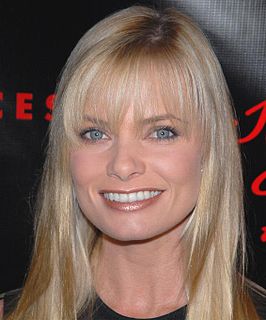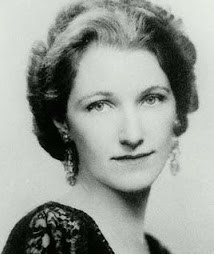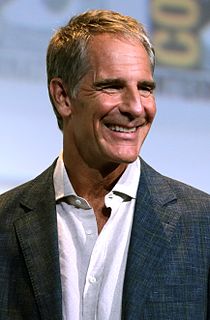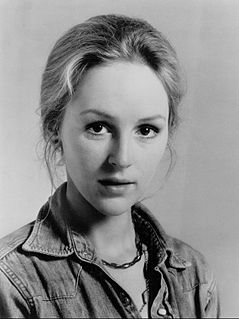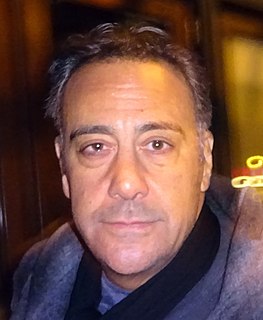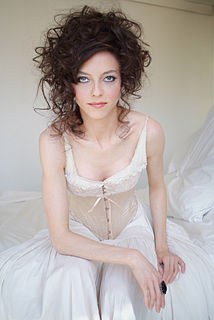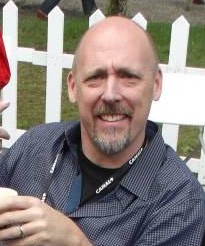A Quote by Joseph McGinty Nichol
Sometimes when you have an abundance of time and money, it's less conducive to the creative process. I like the urgency of the television schedule and the television price point. It's fluid. You figure it out on the day, and I love the challenge of problem-solving.
Related Quotes
I think I entered the market around the time when there was getting to be less snobbery about the difference between feature films and television. I think there's been a lot more receptivity on television to interesting adult stories that in the '60s and '70s would have been made into feature films. I have no problem jumping back and forth. If anything, I find it less restrictive working in television.
I like working in television a lot. It's nice to have a place to go every day and a group of people to hang out with and work alongside with a common goal. But I think I'll always love stand-up more, because there's so much to discover. But you cannot beat television money with a stick. Not with a stick.
I like to do a movie, to be on it 8, 10 weeks. It evolves as you're working on it. Little things come to you every day. It's a slow process, and when you have to pack it into a short period of time, which you do for television, the experience is not one that I cherish. So if it's going to be television, it's really got to be the right thing.
The biggest challenge is that when people look at low price point products, they essentially invest less money in development, innovation, and new technology. And in order to innovate at a lower price point, and make sustainability attainable to the masses, you have to invest more. But that's counterintuitive for a lot of businesses.
It makes sense that it's so different from film and television, because it's so in-depth. As actors, when we're in film or television, we can have transcendent moments and we get to work with really creative and incredible people, but it's such a small percentage of your time that's about your process.
The great thing about working in comics is that visually, you're the sole voice. You have to figure out the staging, the lighting, the composition, the character emotions, the action. You get a script, but you're trying to work it out in individual panels. It's a terrific exercise in creative thinking and creative problem-solving.

